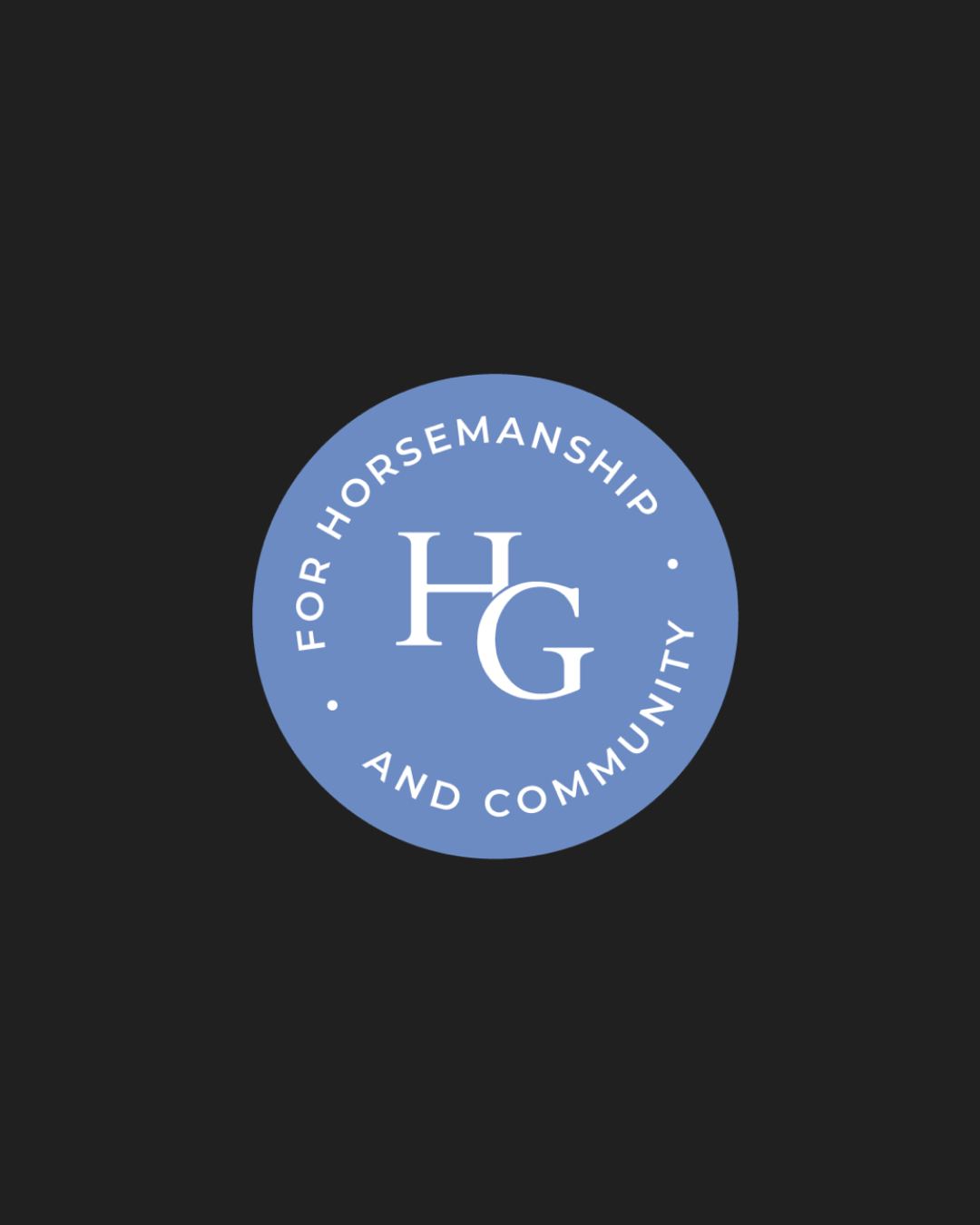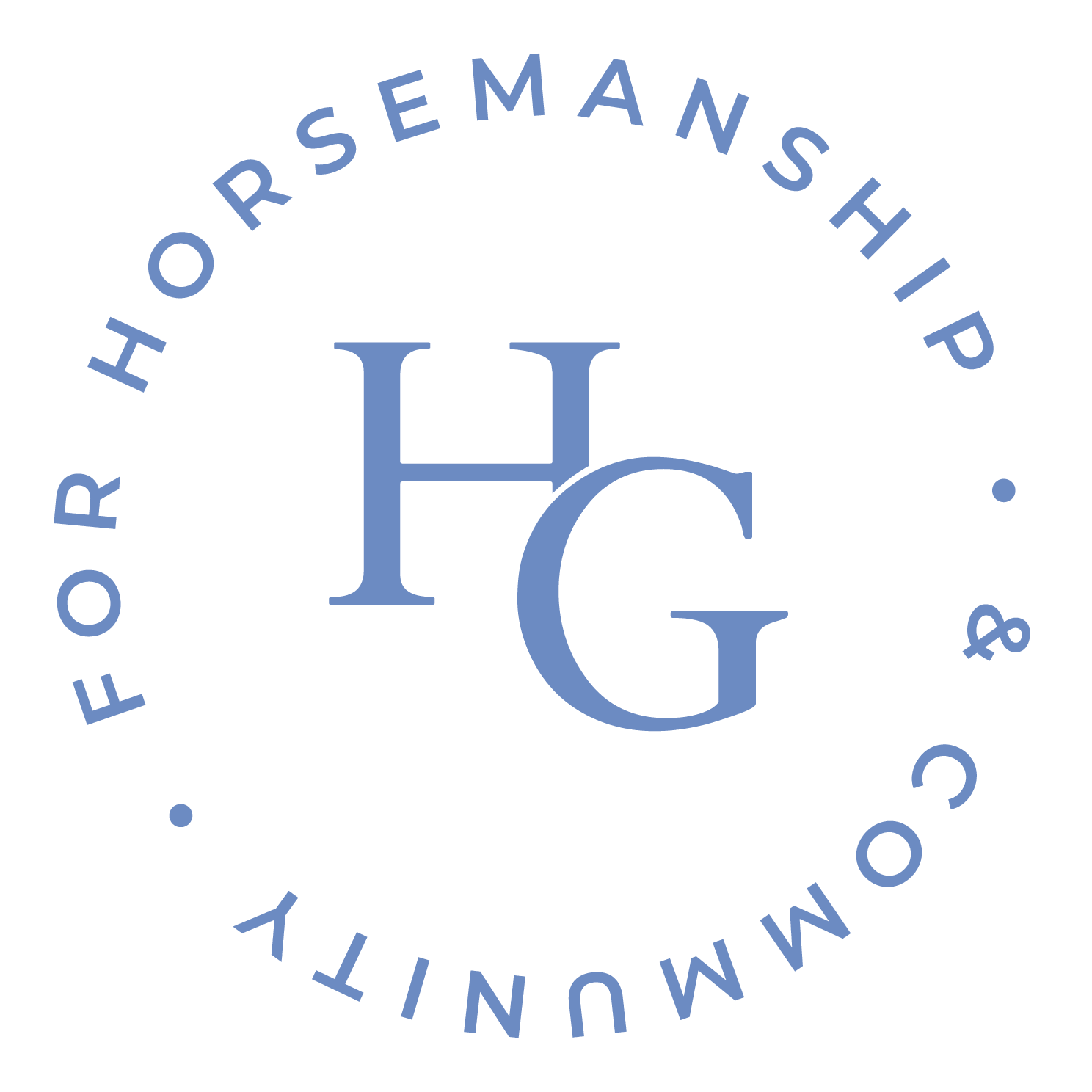Inspired by her own mental health experiences – and awareness of the struggles that plague others in the industry – Lindsay Archer created Equestrians for Mental Health Awareness. Through EMHA, Archer hopes to inspire change by providing mental health services for individuals in the industry – from coaches to riders to grooms. At numerous prestigious California hunter/jumper shows, she organizes group mental health sessions for anyone who wants to participate. Her next stop? The Menlo Charity Horse Show in Atherton, California, where she has organized two sessions on August 5 – one of which will be EMHA’s first bilingual session.
Speaking to HorseGrooms, Archer details her inspiration towards creating EMHA, the changes she’s seen in the industry that she feels contributes to decline in mental health and her goals for EMHA’s future.
A 501(c)(3) charity, EMHA is officially taking donations; donate and/or visit the EMHA website to sign up for forthcoming sessions.
What have you seen and experienced in the equestrian industry since you first started in the business?
Thanks to Dr. Bill Nissen, a longtime family friend, I was guided to the hunter/jumper world when I was about 8. Over the span of nearly four decades in this industry, I’ve witnessed significant changes. Two of the most impactful developments have been the advent of cell phones and the skyrocketing costs of participation.
Cell phones have created an expectation of being available 24/7, not only for equine emergencies but for any client needs. This perpetual on-call status can be incredibly draining. Additionally, the cost of horses and participation has exploded, and trainers have struggled to keep up with business expenses. Many professionals fear raising their rates, worried that clients might leave the sport, leading to trainers who are unable to earn a sustainable living wage.
Why did you create EMHA?
About 18 months ago, I went from competing with a wonderful group of horses up to the five-star level to having no horses within a period of about 30 days due to bad luck. Despite incredible support from an amazing owner, I faced numerous setbacks. As these challenges piled up, I began to doubt myself and my value to my team. A severe fall in October 2023 further compounded my struggles. I was lucky to walk away and have full function.

In January 2024, I participated in a clinic hosted by Cavalleria Toscana, which included group therapy led by mental coach Manuela Caputi. This experience profoundly impacted me. At one point I completely broke down and expressed how hopeless I felt, and both the support from my peers in the group and the look of shock on the faces of the younger people in the group completely caught me off guard. To have other professionals stand up and say, “I have been where you are, and I promise you will get back to where you want to go,” was like having a weight lifted off my shoulders. Seeing younger participants realize that even people who have had success can struggle gave so much meaning to what we were doing as a group. Inspired by this, I knew I had to recreate this supportive environment for our community on a regular basis. I am forever grateful to Cavalleria Toscana and Neil Jones for bringing that clinic to California — it truly saved me.
What is the goal of EMHA?
EMHA aims to create a safe space where anyone in our community can share their thoughts, fears or struggles and receive support from other members. In our four sessions so far, we’ve hosted 15 to 20 attendees each time, generating such strong conversations that sessions could have lasted into the night. Initially planned as bi-monthly, we now hold sessions every three to four weeks due to high demand, alternating between Northern and Southern California.
If I can help even one person per session the way I was helped, I will feel successful. Based on the feedback, I’m confident we’ve already made a significant impact.
What are your ideas for the future?
Our immediate goal is to start fundraising to cover the costs of therapists and session organization. I have currently been the sole backer, but that is not sustainable. We’ve secured our 501(c)(3) nonprofit status, which will help. Additionally, I aim to expand our reach by partnering with individuals in other regions to offer sessions beyond the West Coast.
Another key commitment is to address the financial stress that many professionals face. Trainers deserve to retire with dignity, and I don’t want to see another generation of professionals end their careers without a home to their name because they were never able to plan for their own retirement. There’s a direct link between financial insecurity and mental health struggles. We plan to develop professional enrichment programs focusing on business planning and financial stability.
How do grooms fit into your picture?
Grooms are integral to our community, and their mental health is a significant concern. They work long hours under stressful conditions, often without adequate breaks. In California, many grooms are Spanish-speaking, which can create barriers to seeking help. We are planning our first session specifically for grooms with a Spanish-speaking therapist to provide a safe and relatable environment for them. Our goal is to expand support within this vital subculture of our community.


